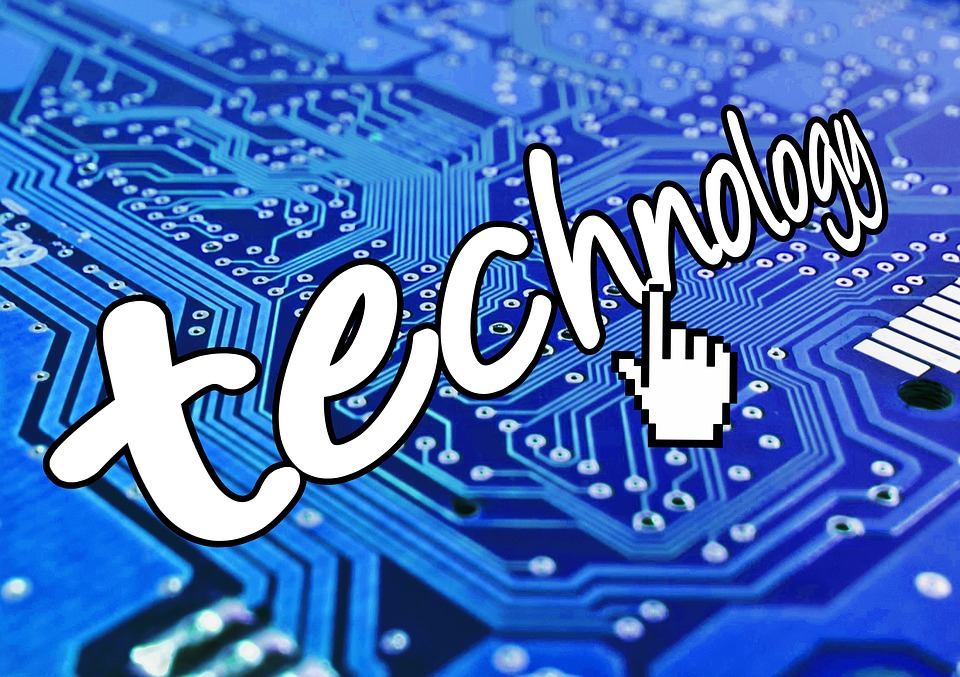
Introduction
Epilepsy is a neurological disorder characterized by recurrent seizures, which can range from mild to severe and often significantly impact a person’s quality of life. While traditional antiepileptic medications can be effective for many, some individuals with treatment-resistant epilepsy continue to experience seizures. This has led to growing interest in cannabidiol (CBD) as a potential treatment option. In this article, we will explore the promising role of CBD https://se.formulaswiss.com/ in epilepsy management, backed by scientific evidence and real-life success stories.
Understanding CBD
CBD is a natural compound derived from the cannabis plant, specifically the hemp variety. Unlike its counterpart, tetrahydrocannabinol (THC), CBD does not produce psychoactive effects, meaning it does not cause a “high.” Instead, CBD interacts with the body’s endocannabinoid system, which plays a role in regulating various physiological processes, including pain perception, inflammation, and neuronal activity.
The Promise of CBD for Epilepsy
The potential benefits of CBD in epilepsy management gained significant attention following the case of Charlotte Figi, a young girl with Dravet syndrome, a rare and severe form of epilepsy. Charlotte’s seizures dramatically reduced after she began using a high-CBD strain of cannabis, now known as Charlotte’s Web. This remarkable success story ignited scientific interest in CBD’s antiepileptic properties.
Scientific Evidence
Several clinical trials and studies have explored the use of CBD for epilepsy, providing valuable insights into its potential effectiveness:
Epidiolex Approval: In 2018, the U.S. Food and Drug Administration (FDA) approved Epidiolex, a prescription medication containing CBD, for the treatment of two rare forms of epilepsy: Lennox-Gastaut syndrome and Dravet syndrome. Clinical trials showed that Epidiolex significantly reduced seizure frequency in patients with these conditions.
Reduction in Seizure Frequency: A study published in the New England Journal of Medicine in 2017 reported that participants with Dravet syndrome who received CBD experienced a median reduction in monthly convulsive seizures of 38.9%, compared to a reduction of 13.3% in the placebo group.
Positive Outcomes in Other Forms of Epilepsy: While research has primarily focused on Dravet syndrome and Lennox-Gastaut syndrome, some studies have also shown positive outcomes in other types of epilepsy, such as focal seizures and tuberous sclerosis complex.
Navigating CBD for Epilepsy
If you or a loved one is considering CBD as a treatment for epilepsy, it’s crucial to approach it thoughtfully:
Consult with a Healthcare Provider: Before incorporating CBD into your epilepsy management plan, consult with a healthcare provider, preferably a neurologist or epilepsy specialist. They can help determine if CBD is a suitable option and provide guidance on dosing and potential interactions with other medications.
Choose High-Quality Products: Ensure that you select high-quality CBD products from reputable manufacturers. Look for products that provide third-party lab testing results, confirming the product’s CBD content and purity.
Start with Low Doses: Begin with a low dose of CBD and gradually increase it as needed. Monitoring your response and working closely with your healthcare provider can help fine-tune the dosage.
Consistency Is Key: Consistency is essential when using CBD for epilepsy management. Keep a seizure diary to track changes in seizure frequency and intensity over time.
Conclusion
The use of CBD in managing epilepsy holds significant promise, as demonstrated by clinical trials, Epidiolex’s approval, and real-life success stories like that of Charlotte Figi. While CBD is not a cure for epilepsy, it offers hope for individuals with treatment-resistant epilepsy who are seeking alternative options to reduce the frequency and severity of seizures. However, it’s essential to approach CBD use for epilepsy under the guidance of a healthcare provider, choose high-quality products, and maintain consistency to maximize its potential benefits in the management of this challenging neurological disorder.

